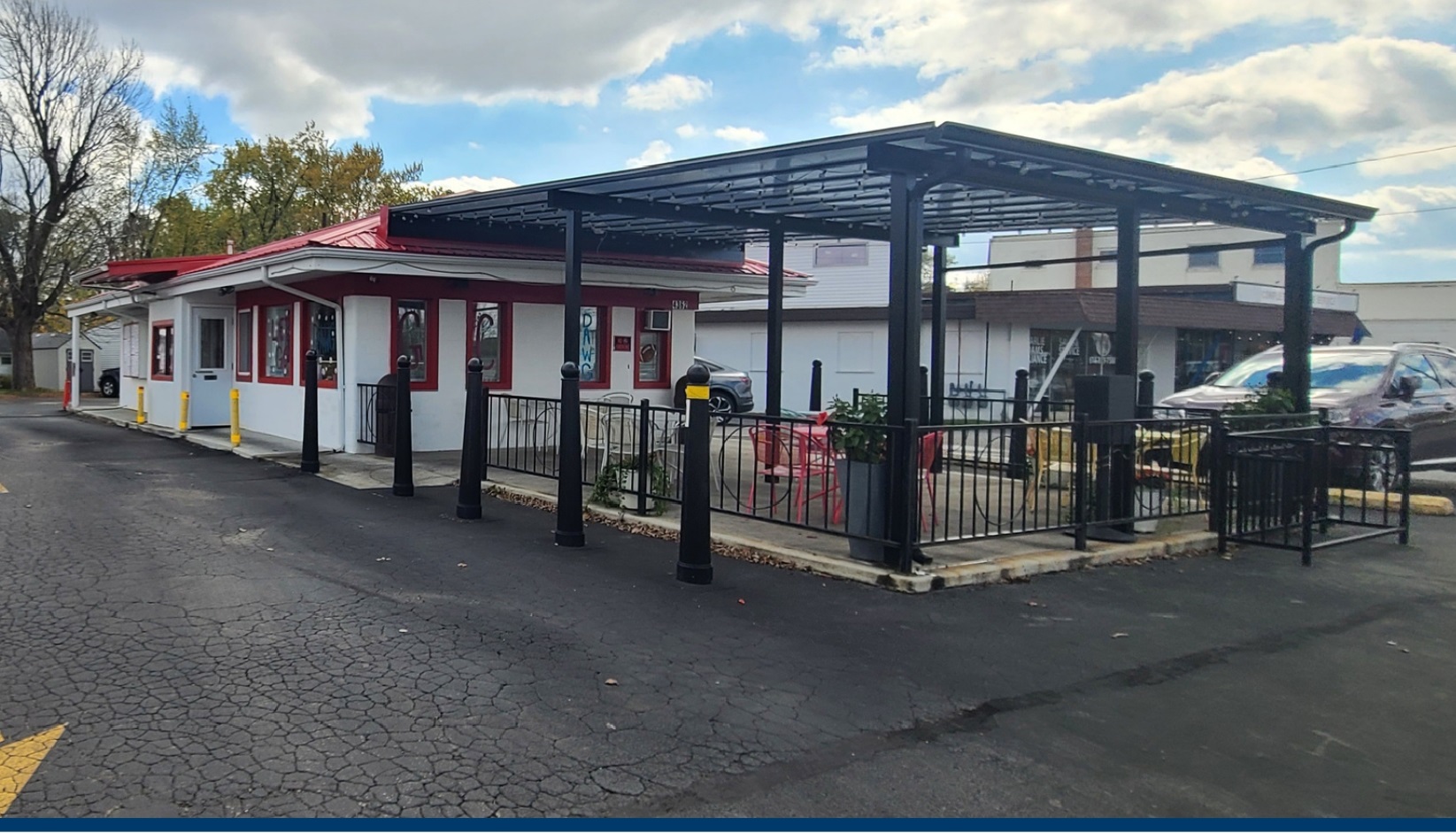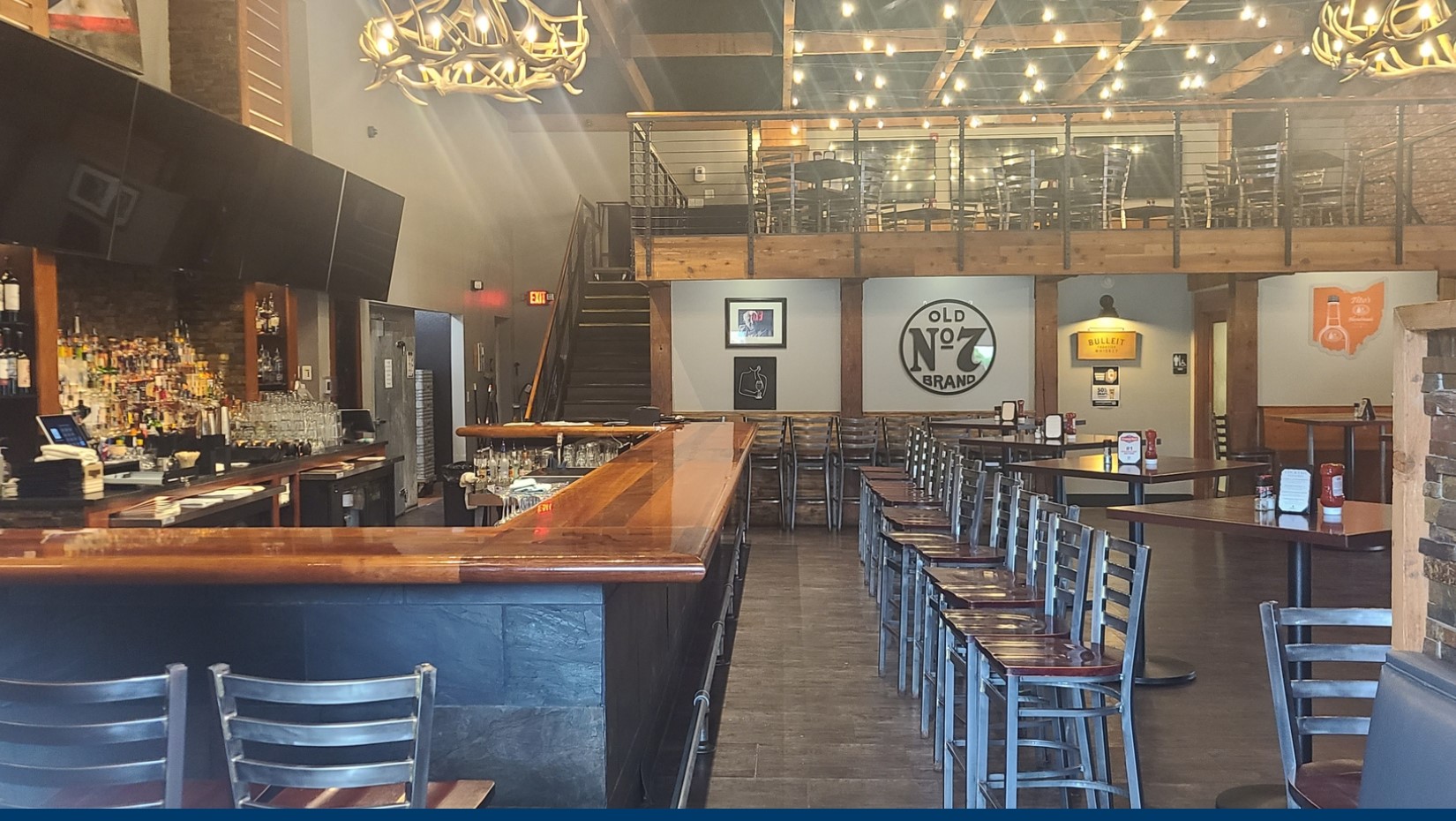As you think of starting a new business to improve your current income or expand your current business portfolio, you need several financial documents before beginning this new venture. As we all earn a certain amount of salary at the end of every month, it may shock you that you may end up spending more money than you truly earn. This means that you may end up spending your savings without even realizing it to cover the difference. To avoid such a scenario, you can start keeping personal financial statements and strictly updating them on a daily or weekly basis.
By properly managing your personal financial statement, you will have better budget planning and provide a clear picture of your current financial condition.
If you have a sound and updated financial statement, it will significantly favor you when presenting your documents to potential banks, landlords, property buyers or even financial investors. This is a good example when need to use personal financial statement.
Types of Personal Financial Statements
When it comes evaluating the types of personal financial statements you require, there are two important types of personal financial statement that you can use: personal balance sheet and a personal cash flow statement.
The cash flow statement primarily measures any cash outflow and inflow you incur during a specific period to determine your actual net cash flow. Cash inflow includes salaries, dividends, interest earned, and capital gains while cash outflow includes entertainment bills, utility bills, and grocery expenses. It is imperative to have a positive net cash flow as shows you spend less money than what you earn. This provides you with the opportunity to have some cash set aside for savings or emergencies. On the other hand, a balance sheet displays a summary of your accrual wealth over a specific period.
This statement provides a summary of all your assets, liabilities and your current net worth.
When are these statements required?
These personal financial documents play a huge role in numerous financial activities and processes. In most cases, you will require additional funding when starting up a new business venture so as not to completely deplete your savings. This requires you to approach various banks and investors to assist you with the needed funds. This is when need to use personal financial statement. Therefore, when you present your business loan request or business plan to a financial institution or lender, it is important to include your personal financial statements in the form of a personal financial statement PDF among other mandatory documents.
Your financial documents strengthen your credibility when approaching the borrower as they show your new cash flow and net value.
These documents also showcase your current and timely cash inflow, which helps assure the borrower that you will not have any problem in repaying the requested loan. The personal statement will also show the borrower that you have enough cash reserves to cover the requested loan, thus reducing the pressure when considering giving you the loan.
Other than just presenting your financial document as a personal financial statement PDF to the lender, you should make sure you accompany it with all documentation of ownership (and any liabilities if they exist). These supporting documents significantly support your personal financial documents and help quicken a loan processing process. Finally, you should ensure that you enter accurate information when preparing your personal financial statements. This makes sure that every detail recorded and presented to the bank or investor is factual and avoid cases where a loan approval process is halted, suspended or canceled because of inaccurate information.
In the end, perfectly prepared financial statements will help you get the loan you need for your new start-up.



